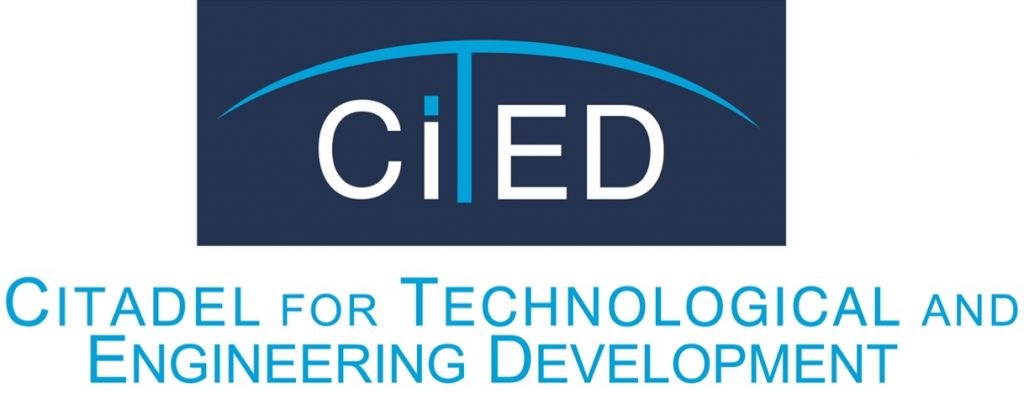Advanced Welding Techniques, Technologies, and Metallurgy Course Introduction Overview: This 3-day intensive training program is designed to provide a comprehensive […]

Advanced Welding Techniques, Technologies, and Metallurgy
Course Introduction
Overview: This 3-day intensive training program is designed to provide a comprehensive understanding of advanced welding techniques, technologies, and metallurgy. The course will delve into the latest advancements in welding processes, materials, and quality control. Through a combination of theoretical lectures, interactive discussions, and hands-on exercises, participants will gain the knowledge and skills necessary to optimize welding performance and ensure the structural integrity of welded components.
Key Focus Areas:
- Advanced Welding Processes (TIG, MIG, SAW, etc.)
- Welding Metallurgy and Materials Science
- Welding Inspection and Quality Control
- Welding Automation and Robotics
Target Audience:
This course is tailored for welding engineers, technicians, inspectors, and other professionals involved in the welding industry who seek to enhance their knowledge and skills in advanced welding techniques and technologies.
About the Course:
This course will cover a wide range of topics, from the fundamental principles of welding to the latest innovations in the field. Participants will learn about the factors influencing weld quality, the selection of appropriate welding processes and materials, and the importance of proper welding procedures. They will also gain hands-on experience in welding different materials, interpreting welding symbols, and conducting welding inspections.
Course Objectives:
Upon completion of this course, participants will be able to:
- Understand the fundamental principles of welding and its applications.
- Apply advanced welding techniques to achieve optimal weld quality.
- Select appropriate welding processes and materials for specific applications.
- Interpret welding symbols and engineering drawings.
- Conduct welding inspections and quality control procedures.
- Utilize welding automation and robotics to improve productivity and efficiency.
Course Outline
Day 1: Advanced Welding Processes and Metallurgy
- Morning Session:
- Review of basic welding processes (SMAW, GMAW, GTAW)
- Advanced welding techniques (FCAW, SAW, PAW)
- Welding metallurgy: phase diagrams, heat treatment, and microstructure
- Afternoon Session:
- Hands-on exercise: Welding different materials using advanced techniques
- Case study: Successful implementation of advanced welding in a major project
Day 2: Welding Inspection and Quality Control
- Morning Session:
- Visual inspection techniques
- Non-destructive testing methods (NDT): radiography, ultrasonic testing, magnetic particle inspection, and dye penetrant inspection
- Welding codes and standards (AWS, ASME, API)
- Afternoon Session:
- Hands-on exercise: Conducting NDT inspections on welded components
- Case study: Failure analysis of welded components
Day 3: Welding Automation and Robotics
- Morning Session:
- Introduction to welding automation and robotics
- Programming and operation of welding robots
- Benefits of welding automation
- Afternoon Session:
- Hands-on exercise: Programming and operating a welding robot
- Case study: Successful implementation of welding automation in a manufacturing plant
Course Outcomes:
By the end of this course, participants will have a deep understanding of advanced welding techniques, technologies, and metallurgy. They will be able to:
- Select and apply appropriate welding processes and materials for specific applications.
- Ensure the quality and integrity of welded components through effective inspection and testing.
- Utilize welding automation and robotics to improve productivity and efficiency.
- Stay up-to-date with the latest advancements in welding technology.
Conclusion:
This intensive 3-day training program offers a unique opportunity to gain hands-on experience and practical knowledge in advanced welding techniques and technologies. By attending this course, you will be well-equipped to address the challenges of modern welding and contribute to the development of high-quality welded structures.

